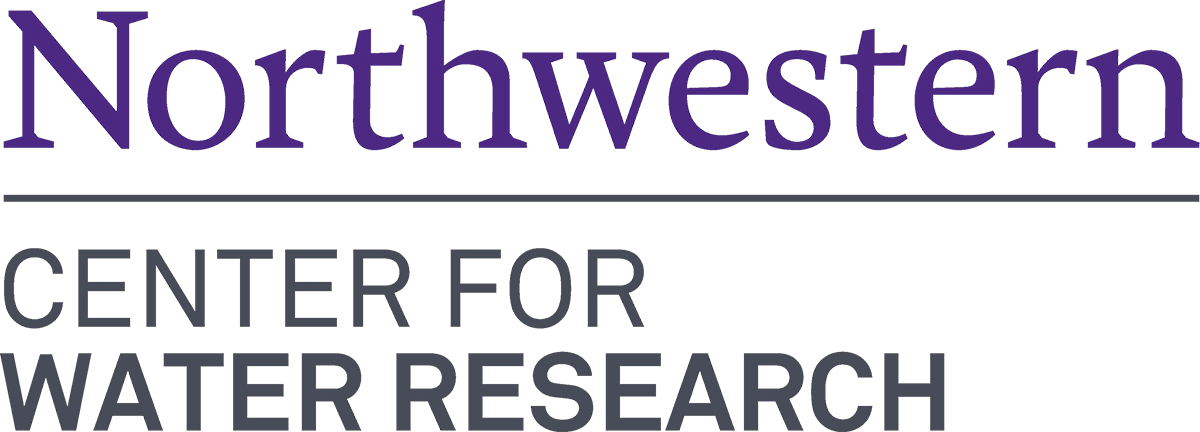Great Lakes Circular Economy Partnership
The binational Great Lakes region, shared by the United States and Canada and spanning eight states, from New York to Minnesota, and the Canadian provinces of Ontario and Quebec, is the economic engine of North America and is the largest freshwater system in the world. Forging a future without waste, starting with plastic focus, is a monumental task facing the region – as well as the rest of the world. There are many challenges ahead and no one level of government or sector has the ability to lead the way on their own. The Great Lakes Circular Economy Partnership (GLCEP) seeks to bring industry, government, academia, and non-profit sector leaders together to develop a circular economy vision, strategy, and five-year action plan for the region and ultimately the partnerships, projects, and investments required to create circular Great Lakes cities, sectors, and supply chains.
In support of these objectives, the following entitities at Northwestern University have joined GLCEP as Knowledge Partners:
- The university-wide Institute for Sustainability and Energy at Northwestern (ISEN) advances global sustainability and energy solutions through transformational research, interdisciplinary education, and public engagement.

- The Center for Engineering Sustainability and Resilience (CESR) is housed within the McCormick School of Engineering and convenes diverse thinkers across Northwestern and beyond to accelerate the development of ideas, technologies, and people to attack the massive challenge of environmental degradation.

- The Northwestern Argonne Institute of Science and Engineering (NAISE) brings together researchers at Northwestern University and Argonne National Laboratory to create powerful collaborations in fields such as energy, biological and environmental systems, data science and computation, materials, and national security.

- Northwestern's Center for Water Research aims to increase opportunities for Northwestern faculty and students in all domains touching on water, to catalyze and coordinate water research across the university, and to increase the visibility and impact of Northwestern water research by solving current and emerging grand challenges in water systems sustainability, efficiency, and robustness.



